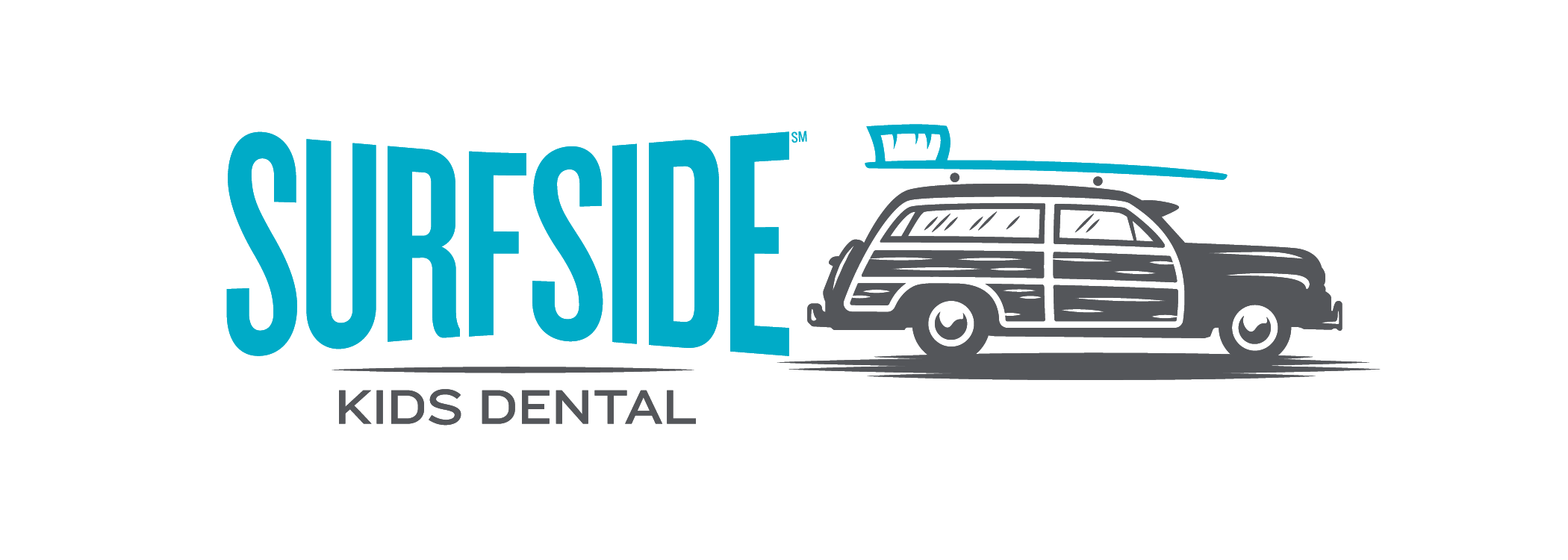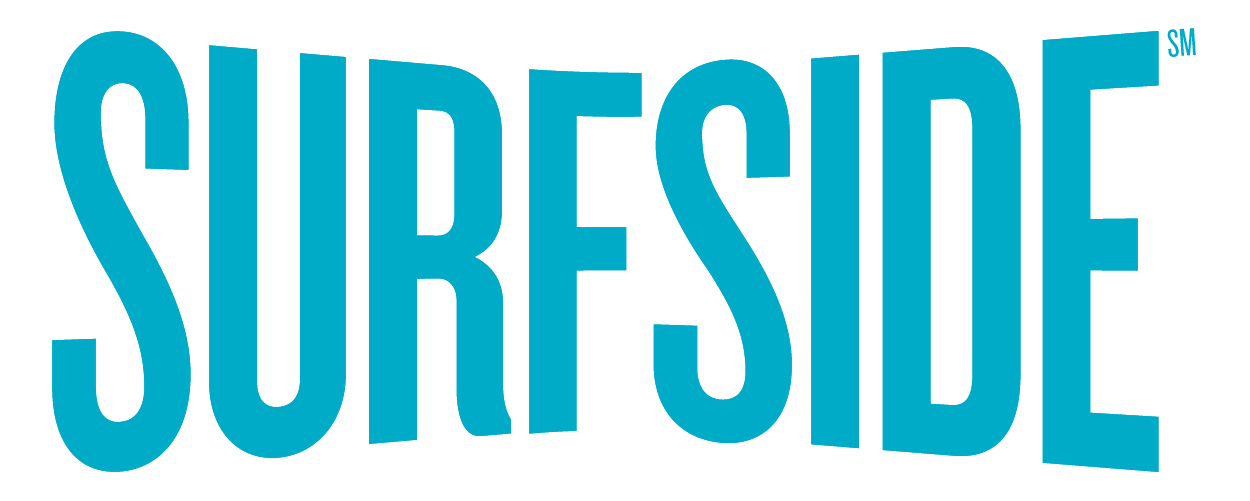Care After a Braces Adjustment Appointment
How To Deal With Sore Teeth With Braces
If you or your child has never had braces, you may not know that once they are applied the child will return every 4-8 weeks for new rubber bands or an adjustment. This is a very important part of the process. Unfortunately, there is some aftercare required once you have been in for a braces adjustment.
During the first few weeks of wearing your braces, your mouth and teeth will feel sore and tender. Your teeth may even feel loose and wiggle. There is no need to worry. These mild aches and pains are perfectly normal. After a few weeks, you will get used to the feeling of having braces.
There are other ways to help you with the transition. Here are some tips to help make it easier for you to deal with your seemingly wiggly teeth with new braces.
Ways to relieve pain
There are a few ways to relieve the pain caused by the braces. One is the saltwater technique. We don’t mean heading to the beach and surfing, although that would not be a bad idea! Dissolve a teaspoon of salt in approximately eight ounces of water. Gargle the salty concoction for a few minutes then spit it out. Be sure not to swallow the saltwater.
If the pain is more severe or feels unbearable even after gargling salt water, you can also take a pain reliever to make the pain go away. Ask your dentist for recommendations on safe, age-appropriate pain relievers for your child in case they need to take one.
You can also put some wax over the brackets during the first few weeks of wearing braces. This will help reduce the chances of your child’s mouth getting snagged by the brackets in their braces while talking or sleeping. Your orthodontist can provide you with some wax to help reduce the pain and tenderness.
Eating with braces
While wearing braces, you will need to be more aware of the foods that your child eats. Eating foods rich in sugar or starch will cause their teeth to stain which can leave the teeth discolored around the spots where the braces were. Plaque can also build up around the brackets. As a result, there is a higher chance of developing cavities and gum disease.
Have them avoid chewy and sticky foods like chewing gum, taffy and caramel. These foods can get stuck in their teeth and braces and are hard to remove. Hard foods should be avoided as well. Nuts, beef jerky, popcorn, and even ice can dislodge your brackets and break your wires. Even fruits such as raw apples can cause a problem. In such instances, you need to cut these foods down into smaller, more manageable pieces. Essentially, it is back to toddler life for your teen when it comes to eating. We promise the inconvenience will be out weighed by the benefits!
Cleaning your braces
When you have braces, it becomes easier for bits and crumbs to become trapped. Brush your teeth after every meal, even after eating a snack. This will reduce your child’s chances of developing any dental issues. In the event that your child is away from home and their toothbrush, have them gargle with mouthwash to remove the food particles. Rinsing your mouth is a temporary measure and should not be used to replace brushing your teeth or flossing. It is not required but ideal if you send your child to school with a dental care package. A small travel size toothbrush, toothpaste, and some floss can really be a lifesaver especially if they are playing a sport or attending after school care.
Schedule an appointment with one of our dentists today! Peace out!





